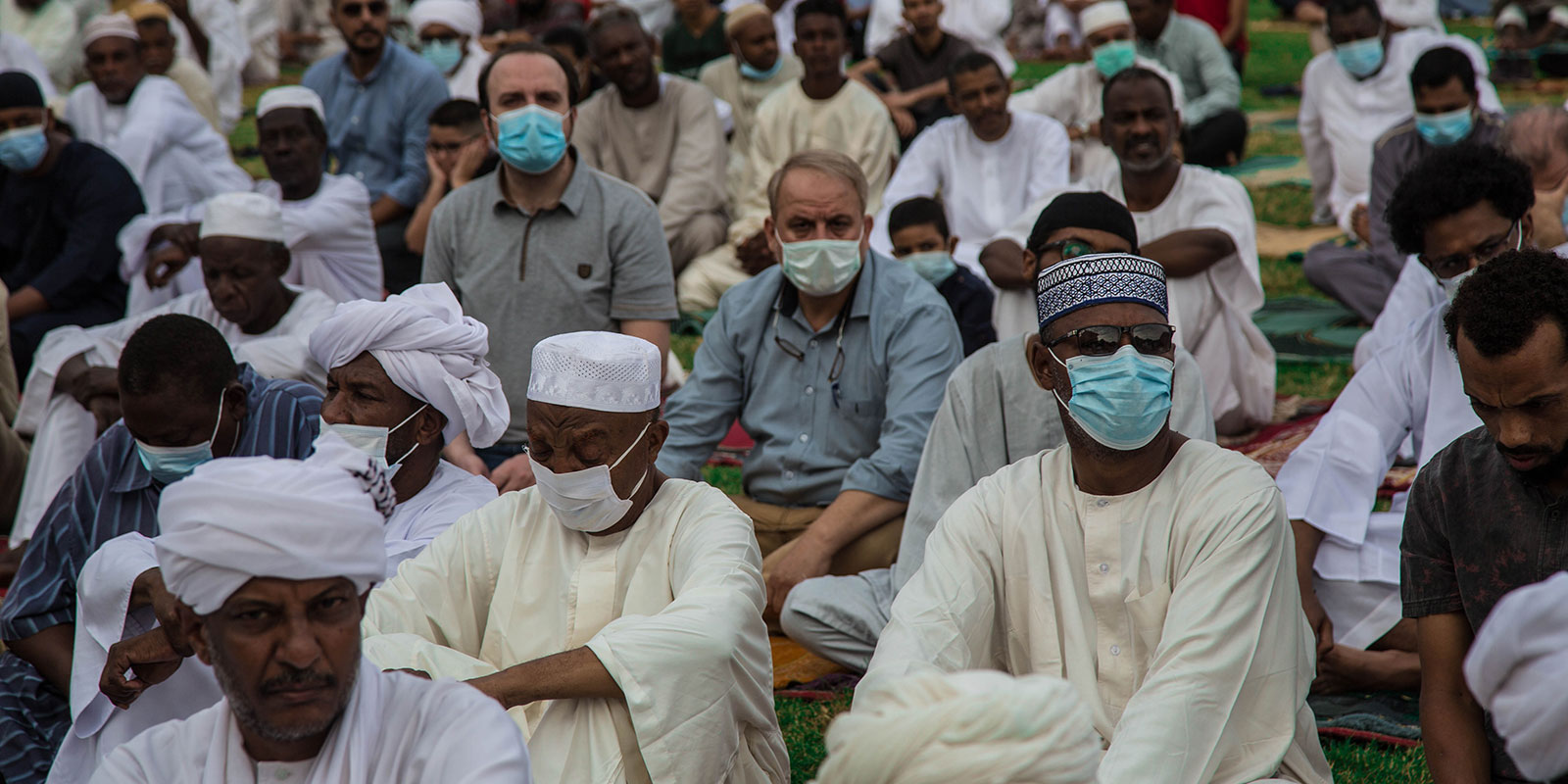In Mali, the 9pm to 5am curfew that was decreed by the government at the end of March 2020 caused many people who worked at night to lose their income. Some retail traders who sold only at night saw their businesses close, as was the case with coffee vendors at the bus stations in the main cities. Managers of nightclubs and bars, and even sex workers, have felt the consequences of COVID-19. In addition, the closure of borders has had a major impact on the cost of living and livelihoods in general. During the period in which the borders were closed, all basic necessities in Mali became very expensive. For example, a tonne of cement was sold at West African CFA francs (XOF) 110 000, whereas before the COVID-19 pandemic, a tonne cost XOF 90 000.
The closure of borders has had a major impact on the cost of living and generally livelihoods in Mali, with all basic necessities becoming very expensive.
Tweet
The COVID-19 pandemic has had a significant effect on social life in the larger cities. Even though people did not previously hug or kiss to greet each other, they still shook hands and visited each other, and all of this social contact is no longer possible with the presence of COVID-19. The effects of COVID-19 were also felt in the educational sector. Although schools were not open in several smaller towns due to a lack of safety, the few that were functioning in the major cities were also eventually closed due to COVID-19. This leads to the conclusion that the effects of the pandemic have been felt more in the large cities than in the villages and countryside.
To prevent the spread of the virus, the government introduced social distancing measures and placed limitations on movement. These measures have caused a significant disruption in social and economic life. Some staff working in the non-governmental sector have lost their jobs, and some research projects were suspended until a later date. The social distancing measures included a limit of 50 people who were allowed to gather in one place. This made the holding of weddings, baptisms and funerals very complicated. In the Sahel, these three events require the presence of a considerable number of people – all close and distant relatives arrive to take part. The griots1 who usually attend weddings were also kept away to respect the barrier measures. In an innovative move, some griots used WhatsApp during this period to sing praises to the nobles to be able to continue making a living.
A major concern with the Sahelian people is that there are some sectors of the population who do not believe in the coronavirus. Many Malians, especially people in rural areas, consider the disease to be nothing more than a chest cold, which can be cured with simple shea butter. For radical groups, the pandemic is seen more as a disease of Westerners and not as something that has an impact on their daily lives.
During the COVID-19 period, Malian army detachments that were deployed in several communes, including Dialloubé, Sendeguee and Togguere Coumbe in the areas of Mopti and Tenenkou, abandoned their positions. This move enabled the extremist groups to consolidate and re-establish themselves in some of these areas. Mali is host to several international forces, including the United Nations Multidimensional Integrated Stabilization Mission in Mali (MINUSMA), a French force (Barkhane), the regional G5 Sahel force, two European Union (EU) training missions and a new European special force operation (Takouba). These international operations were also affected by COVID-19 and although they have tried to maintain essential operations, overall their presence has been reduced. The lockdown period also seems to have resulted in some internal reorganisation and the splintering of armed groups, such as Katiba Macina, affiliated to Al-Qaeda. Some of these breakaway factions have now aligned themselves with the Islamic State. In conclusion, it can be said that thus far in Mali, COVID-19 has had more of a disruptive effect on economic and social life, as compared to, for instance, the security area.
Yida Seydou Diall is a PhD student in private law at the University of Legal and Political Sciences of Bamako, and a lecturer and researcher in the field of governance and security specialising in armed groups in northern and central Mali.
Endnote
- West African storytellers who sing praises and tell stories at births, weddings and funerals.

